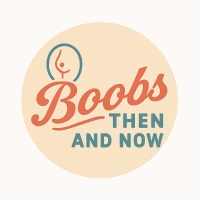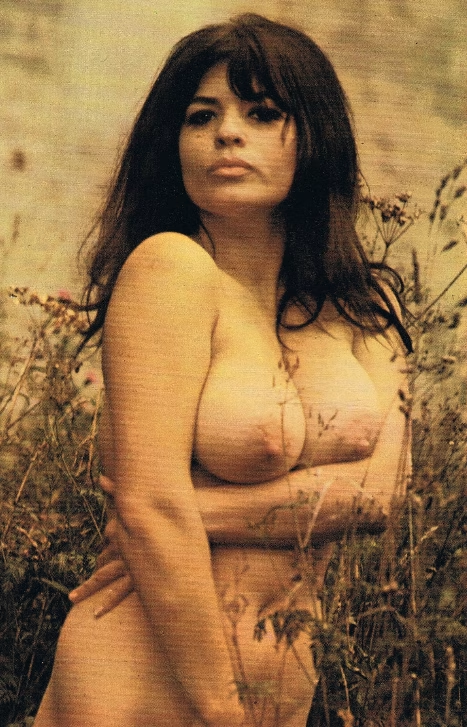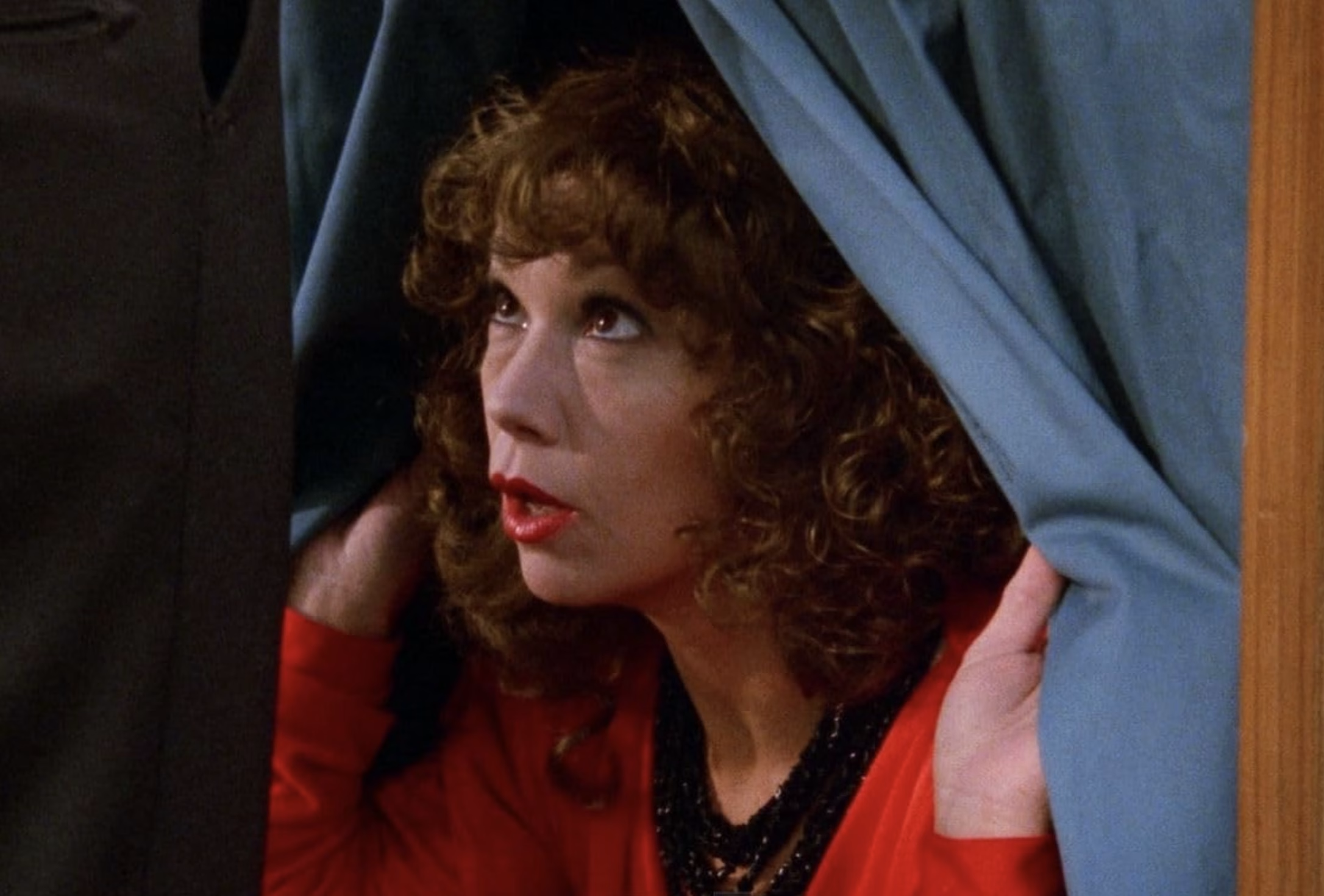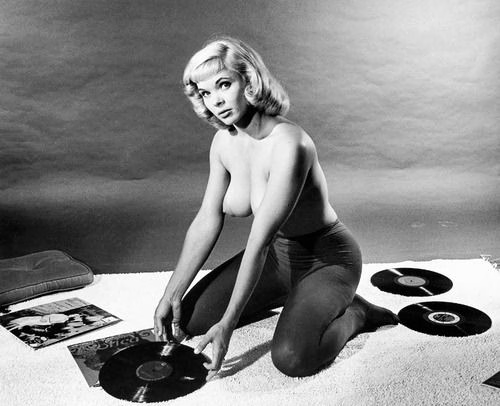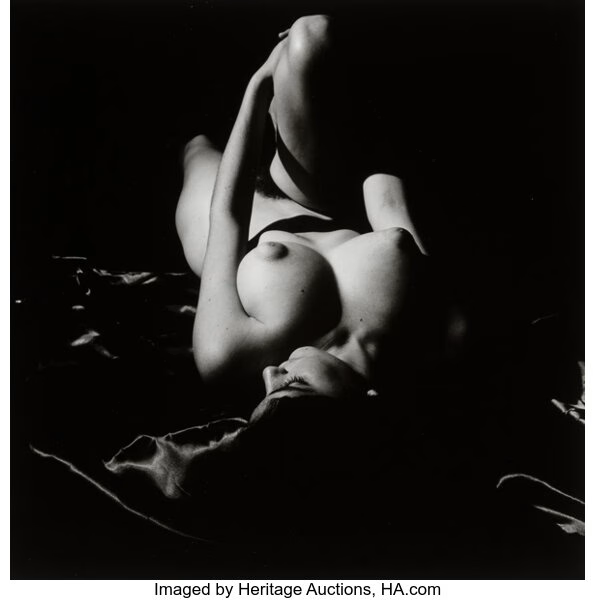The Liberated Legacy of 60s German Bust Wonder Rosy Rosy
Rosemarie Heinikel: The 60s German Bust Wonder Rosy Rosy
If you’re delving into the history of liberated European cinema and counterculture icons, you’ll inevitably encounter Rosemarie Heinikel, universally known by her stage name, Rosy Rosy (or Rosy R. Heinikel, Rosy-Rosy). This German actress, singer, and author embodied the explosive cultural shift of the late 1960s, quickly establishing herself as a media sensation and a definitive figure of the German subculture. Her provocative career and stunning physical attributes earned her the lasting title 60s German Bust Wonder Rosy Rosy. Her presence in vintage films, often balancing art-house aesthetic with brazen sexuality, continues to fascinate enthusiasts today.
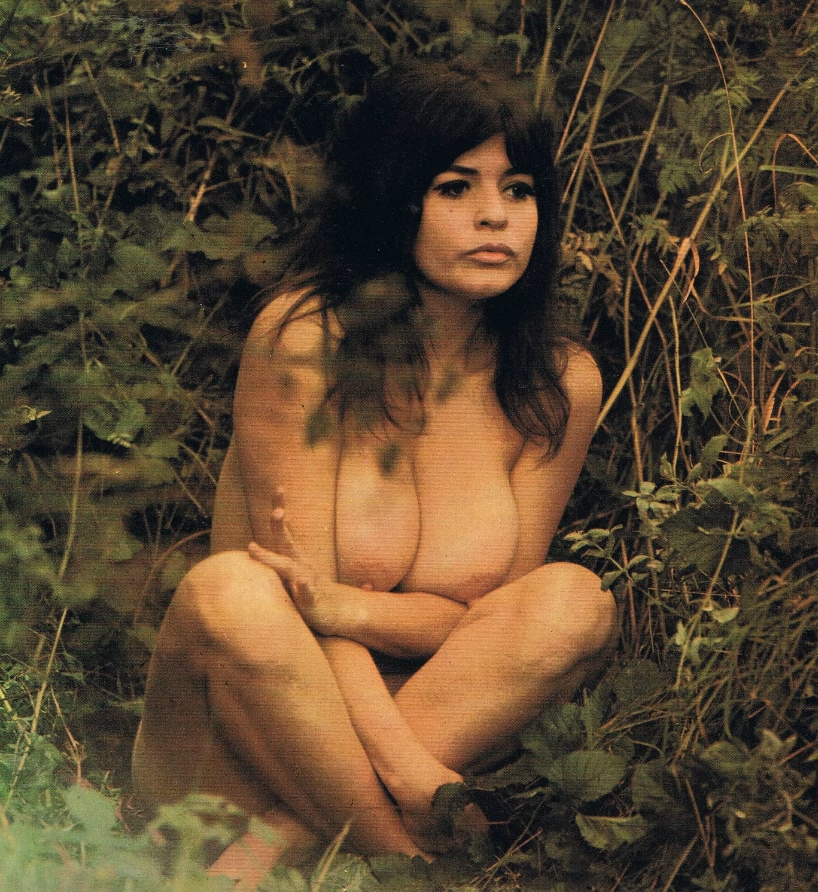
1. Biography and Icon Status
Personal Details Rosemarie Heinikel was born on June 4, 1946, in Nuremberg, Bavaria, Germany. She passed away recently on August 20, 2023, at the age of 77. Heinikel was an actress, singer, author, director, producer, and multimedia artist.
Early Life and Transformation Heinikel’s early life was marked by challenges; she stated that she was neglected and placed in an orphanage at five weeks old, later taken in by foster parents. She began working as a medical assistant (Arzthelferin) at age 16. She later studied sexology.
In the mid-1960s, she moved to Munich-Schwabing, the vibrant center of the German counterculture. Her provocative public persona rapidly made her a media icon of the German subculture. She was one of the most recognizable female figures of the German ’68 movement, often compared to Uschi Obermaier.
The Munich “Bust Wonder“ The contemporary press labeled her “Das Münchner Busenwunder” (The Munich Bust Wonder), frequently trading heavily on her specific measurements in publications like Bild and Spiegel. Heinikel herself noted that she felt reduced, stating: “She was no woman and certainly not a human being, she was a bosom: ‘Rosy Rosy’…”. Her record bust size was 95 centimeters.
A Turning Point Rosy Rosy’s career trajectory shifted in 1969 during an interview with writer Gerhard Zwerenz for the magazine Pardon. While on an LSD trip, she gained a sharp realization of “what was being done to her”. This moment marked the beginning of the end for her “bosom career”. She started fighting for her right to “be human”.
Later Career and Retreat From 1971 onward, Heinikel focused on being a writer, director (including for children’s films), and radio editor. She withdrew from the public eye in 1988 and lived secluded in Upper Bavaria. Even in later life, she maintained a multimedia presence, utilizing a blog (Rosyland-Angels-Project) and a YouTube channel (RosyArtVideos) to release new music and content. She continued to be active for over five decades, from her debut in 1966 until her death in 2023.
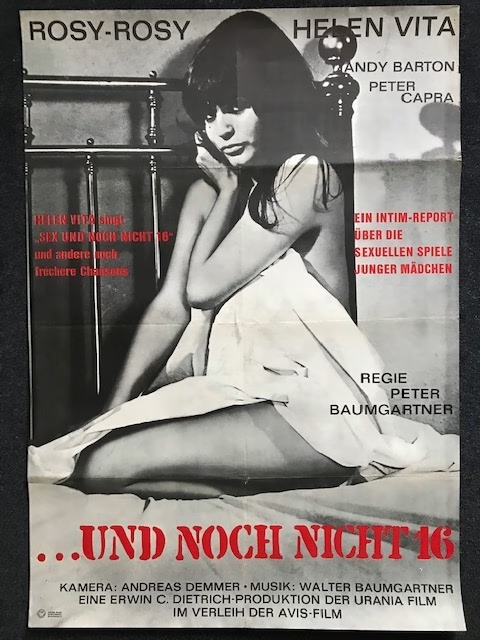
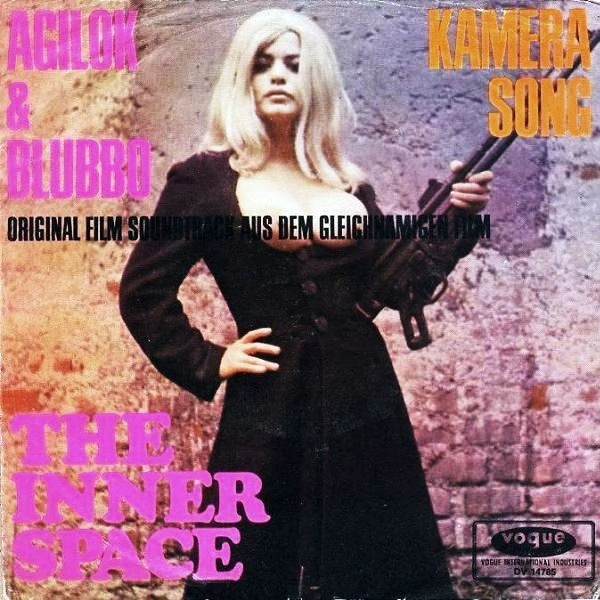
2. Filmography and Directorial Work
Rosemarie Heinikel worked extensively in film, TV, and theater, collaborating with major names in global cinema.
Key Film Roles (Actress)
| Year | Title (Original) | Role/Notes | Director Collaboration |
|---|---|---|---|
| 1966 | Rosy Rosy (Kinder, die sich lieben) | Debut performance at Mannheim Film Festival | |
| 1968 | … und noch nicht sechzehn | ||
| 1969 | Agilok & Blubbo | Main role. Featured her song “Kamera Song”. | Peter F. Schneider |
| 1969 | Köpfchen in das Wasser, Schwänzchen in die Höh’ | Credited as “Rosi”. A sex satire/comedy. | Helmut Förnbacher |
| 1969 | Eika Katappa | Underground/experimental film. | Werner Schroeter |
| 1975 | Tatort – Schöne Belinda | Television role. | |
| 1977 | The American Friend / Der amerikanische Freund | Notable work. | Wim Wenders |
| 1977 | The Serpent’s Egg / Das Schlangenei | International production. | Ingmar Bergman |
| 1979 | Woyzeck / Werner Herzogs Woyzeck | Opposite Klaus Kinski. | Werner Herzog |
| 1980 | Die Reventlow | TV miniseries (3 episodes). | |
| 1981 | Desperado City |
Directorial and Production Work (Auszug)
Heinikel expanded her role behind the camera:
- 1969: Produced her first short film, Juicy Love, with a borrowed amount of 3,000 Deutsche Mark. It premiered as a pre-feature film at the 19th Berlin Film Festival.
- 1973: Directed Die Kartonfabrik, a children’s series for the show “Was sagst du dazu?”.
- 1974: For the short film Rosymohn & Rosymoon, she was responsible for the script (Buch), direction (Regie), production, lead acting, and even the film music.
- She also filmed a documentary about a Munich women’s commune for the WDR in Cologne.
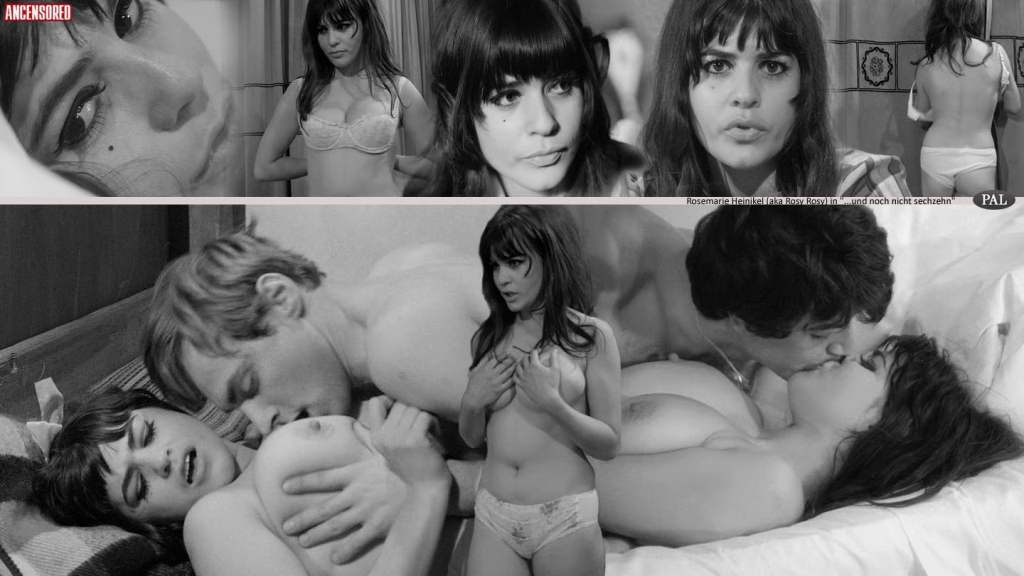
3. Literary, Musical, and Other Works
Literary Career (Books)
Heinikel was an expressive and candid writer, focusing heavily on her counterculture experiences and the mythology surrounding her.
- Rosy Rosy (1971): Her first autobiography, written at age 24. This book detailed her turbulent life in the Schwabing scene and Munich’s first commune, “Rosyland”. Notably, she described erotic encounters with international music legends, including Frank Zappa and Donovan. The text recounting her night with Zappa (December 13, 1970) was reportedly typed the following afternoon. The book was frequently reprinted.
- Ulysses, box die Kerle raus! (1979): Her second autobiography. In this work, she addressed the media’s myth-making around her persona and the “existentially threatening impact” it had on her real life.
- Der hungrige Wolf, eine Ballade (1983): A volume of erotic poetry.
Musical Contributions (Krautrock and New Wave)
Known for her involvement in the influential German Krautrock scene, her collaborations were high-profile:
- The Inner Space (Can): In 1968, she released her first single, “Agilok & Blubbo” / “Kamera Song,” with the band The Inner Space, which later became the legendary Krautrock group Can. The single was produced by Irmin Schmidt, a founder of Can. Rosy Rosy performed the vocals on “Kamera Song”.
- Guru Guru: Around 1969, she performed as an improvisational front singer with the band Guru Guru during tours in Munich and Frankfurt. The psychedelic underground track “Sitting in the Sun” is based on her improvisations.
- Conny Plank: Her second single, “Mr. Rosymoon” / “Boogie Woogie Boy” (1975), was produced in the studio of the celebrated producer Conny Plank.
- Debut Album: In 1981, she released her debut album, Rosy Rosy, featuring 11 songs across New Wave, Rock, Pop, and Chanson genres. It was arranged and produced by Achim Reichel (A.R. & Machines) and included guest appearances by Inga Rumpf (Frumpy, Atlantis).
- Later Collaborations: She provided vocals for the big-band album “Dance Palace” by Jörg Evers on the EMI label.
Theater
She took on the role of Miss Peachum in Bertolt Brecht’s Dreigroschenoper (The Threepenny Opera) during a tour through France in 1980.

4. Quotes and Trivia
Notable Quotes
Heinikel was known for her provocative statements regarding her image:
- “She was no woman and certainly not a human being, she was a bosom: ‘Rosy Rosy’…”.
- “I ask all producers: ‘Can’t it be a little more?’ And I throw my bosom onto the scales. That counts!“.
- “As a beauty I show my breasts, as a director my head…”.
- On her fame: “I was not too hazy, because I need many spotlights”.
- Regarding her commune experience: “But they [the others] don’t actually do anything… I prefer to found my own commune – only with film fanatics like me. Then at least something creative will come out of it!”.
- She coined her own “erotic steamroller” philosophy: “All slogans are nonsense. If I have to have one, I would call myself an erotic steamroller“.
Trivia and Connections
- Body Cast Protest: Before achieving major fame at age 20, Heinikel attempted to protest against “uptight bourgeois morality” by selling plaster casts of her breasts.
- Rosyland: She temporarily resided in a commune in Munich, sometimes referred to as “Rosyland”.
- Zappa’s Night: Her explicit recounting of her intimate encounter with Frank Zappa in 1970 was transcribed immediately after the event, appearing in her first book, Rosy Rosy.
- Director’s Club: In Wim Wenders’ 1977 film The American Friend, Rosy Rosy worked alongside a cast where Wenders deliberately used fellow directors to play many of the gangster roles, including Samuel Fuller and Nicholas Ray.
- Kinski Encounter: She acted opposite the famously difficult actor Klaus Kinski in Werner Herzog’s Woyzeck (1979).
- New Wave Dedication: Following the publication of her second book, Ulysses, box die Kerle raus! (1979), the New Wave band “Z” from Berlin dedicated a song to her.
- Feminist Inspiration: The name of the band “rosi lebt,” created by Eva Ursprung for the feminist culture magazine Eva & Co, was partly inspired by Rosy Rosy, acknowledging her status as a sex symbol of the subculture.
